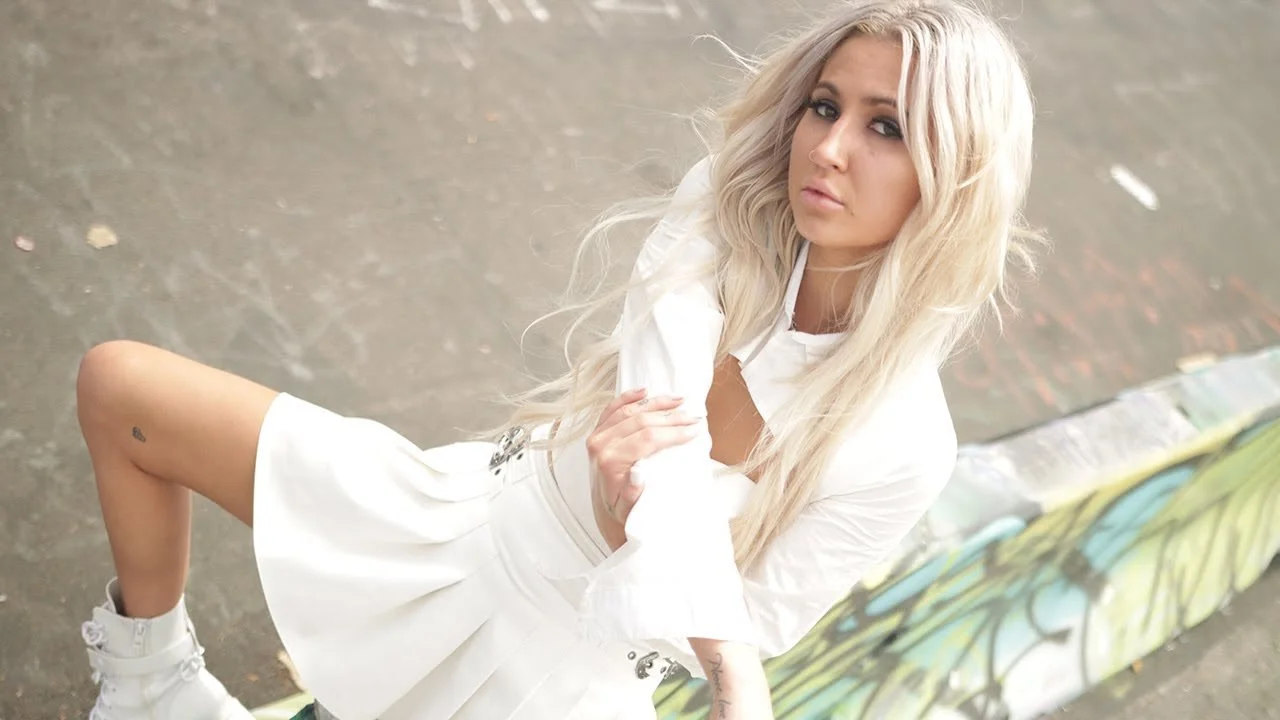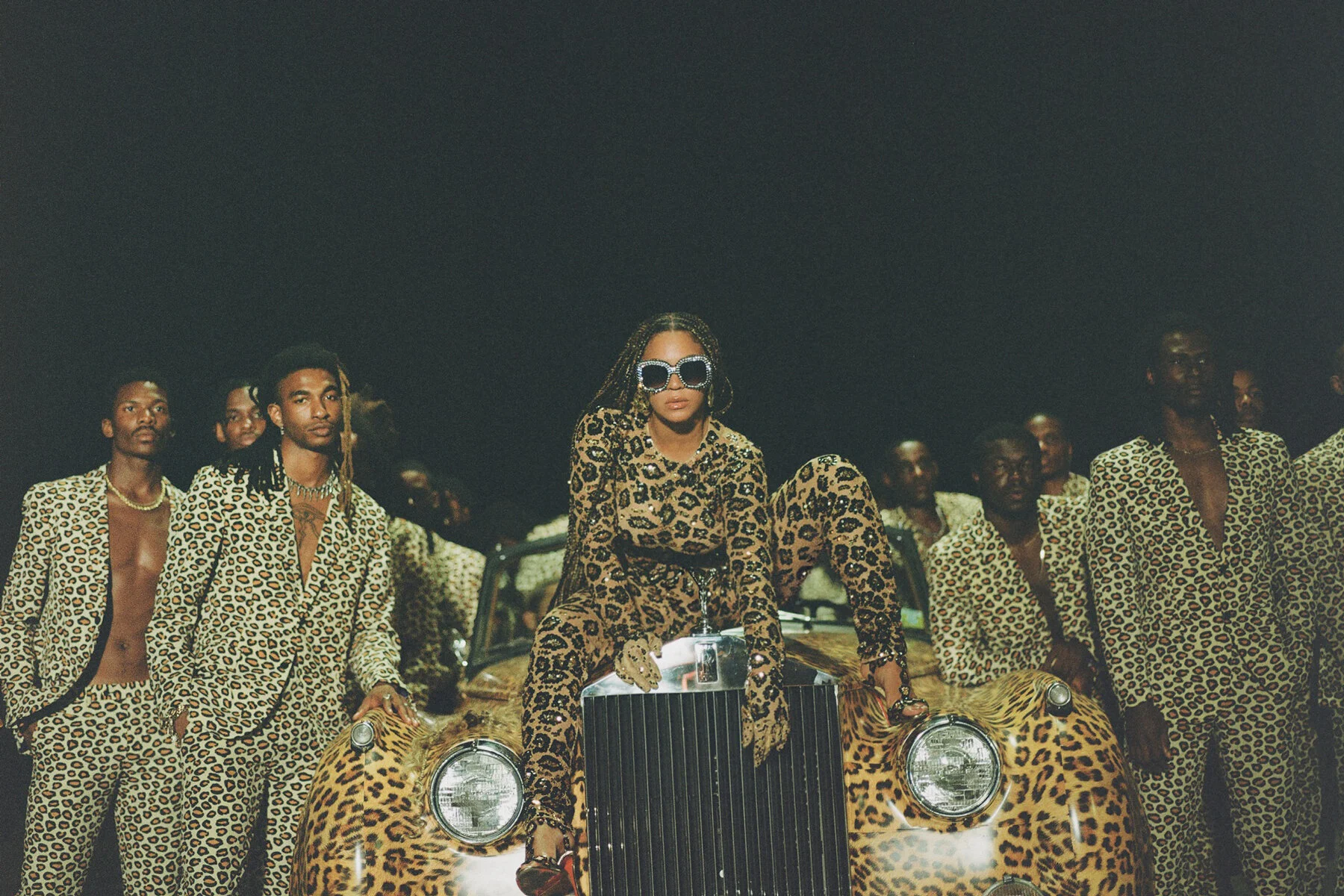Does Joe Rogan Have Your Spotify Royalties?
I’ve been a follower of the Joe Rogan Experience for several years now. I’ve also appreciated Spotify for bringing the vast world of music to my fingertips. So it disturbed me when I started to think that both Joe Rogan and Spotify could be responsible for shortchanging musicians out of their fair share of wages.
I was urged to write this article by a few fellow artists I had mentioned this notion to, mostly as a joke, but with an undertone of truth (as most jokes are).
As the backbone of humanity and society deteriorates by ruthless competition filled with narcissism and exploitative capitalism, anything can literally become capital. With sex trafficking rings being exposed at an alarming rate, humans beings themselves are a major form of capital. Sweatshops and child labor exploitation have been ongoing battles in developing nations.
And bringing it all together, underage porn is immensely popular in the recesses of the dark web making children a commodity. We are at an extreme.
The sacredness of life (and sex) is being compromised, at a very questionable price. With money being the fundamental value of our culture and society, it begs the question, what are we living for?
With Spotify taking over as the leader of music consumption, sales royalties have become nonexistent and streaming royalties are minuscule and scarce. While most musicians struggle to make an income, it seemed that there was no money to be made from Spotify. But in May 2020, Spotify reportedly cut Joe Rogan a check in excess of 100 Million Dollars.
The Joe Rogan Experience would be available on the platform starting September 1, 2020, ultimately becoming exclusive to Spotify. The multiyear licensing agreement "could be worth upwards of $100 million" based on the podcast's performance metrics and other factors, a source told The Wall Street Journal.
Spotify declined to comment on the financial details of the deal to Business Insider.
Joe Rogan is a renaissance man of our times: interviewer extraordinaire, stand up comedy legend, game show host, MMA expert and announcer. Such a long list of well deserved accomplishments but nowhere on there is he a musician.
So they do have money to give, but apparently not to musicians. So if Joe Rogan is, by default, undercutting musicians unfair payout with his estimated $100M licensing deal, is Spotify also taking advantage of Joe Rogan?
In the thick of the global pandemic that we are still enduring, live performances are either cancelled or postponed indefinitely. Podcasting has become increasingly popular for comedians especially for this reason.
With Joe’s wide-ranging audience and woke brand, this big deal he just struck has also garnered a lot of publicity and popularity to the expansion of Spotify’s Podcasts in general. In turn it gives more fuel for their fire to dominate Apple Music, the streaming market, and the entire music industry at large.
In even further contrast to their seemingly scarce funds and tight pocket books for artist royalty payouts, Spotify has actually spent millions of dollars buying lobbyists since 2015. Through lobbyism, they have influenced music laws and copyright polices, which have depreciated and decreased the value of royalty payout for universally streamed music.
They are currently paying the lowest royalty rate of all streaming distribution services, which is approximately $.003 per stream. It would take an artist over 3.3 billion streams to equate to Joe’s $100m. The only music receiving stream counts in that range are major label recording artists.
Major label’s also spend outrageous amounts of money on marketing, branding, the costs of making albums and music videos, etc. This requires a team of people to manage and maintain as well. With recoupment to labels as well as percentages owed to management, the signed artist themselves are only seeing a fraction of the Spotify royalties.
For this reason, Joe Rogan’s deal adds insult to injury to everyone who earns a living in the music industry. He is literally getting the best deal above everyone who is contributing and distributing their music and podcasts through Spotify.
And need I say more, he is NOT a musician. It really is a contribution to Spotify, as they’re the ones truly reaping the financial benefits and glory.
In lieu of even adequate royalties, Artists/Musicians are pacified with an end of the year stream and listeners count digital banner to proudly post (or boast) on their social media. Decoy marketing and manipulation is what this is.
Diverting our attention from the actual reward of money itself and refocusing it on the reward of superficial social validation and attention, which caters to boost ones ego and perpetuate the current narcissistic culture we are facing. In addition, all streams under 1,000 are automatically without value and un-noteworthy.
How are we allowing this big tech company to make music so worthless?
From chanting, to tribal dance, to hymns, music is the essence of all spiritual practices and religious gatherings. Putting big tech billionaires in charge of how we interact with it is something we all may want to start reconsidering sooner than later.
The moral fiber of our society depends on it. Music is the heartbeat of the human experience.
The sacrifices that are made to make albums seem to go unacknowledged and under appreciated these days. A lot goes into the creative process of making music, let alone finishing a body of work.
From the demanding expenses of time and energy, to blood, sweat, and tears of the musicians’ lifetime of training, to the technical aspects of sound engineering and innovation, the labor behind the songs you hear is so much more than a 3 minute blast of joy. We now just select the most popularly streamed song to listen to and dispose of the album’s remains.
The question lies, does Joe even care about music? With live music being halted for an unknowable period of time, and as people irresponsibly indulge in Spotify’s exploits, how will the Artists and Musicians that make up the music industry survive?
Is capitalism without ethics, tyranny?
With Spotify’s aggressive globalizing corporate domination and lobbyism, record labels and artists are now all at the mercy of the streaming service’s platform for music to be commercially consumed. With Napster founder and Facebook former President Sean Parker being an early investor and original board member, it really is no surprise that we are in this predicament.
Napster, the pioneer of music piracy and the platform that permanently destabilized music sales, marked the beginning of the end for the protection of intellectual property & propriety for all music.
It is what it is, or is it? In some ways, are we seeing the roots of the music business from the Transatlantic Slave Trade repeating itself in todays new digital market slave trade, globalized streaming? African American music was founded in slavery.
On Sundays, African slaves were allowed to gather for worship. It being the only time allotted to freely express themselves, they would sing songs called “Spirituals”, which were adaptations of hymns. Hip Hop also arose out the oppressed neighborhoods of South Bronx.
Originally a movement and creative expression for African American and Latin American youth to find their voice in protest of social injustice, we are now seeing hip hop being appropriated throughout the entire culture as a vehicle to advocate and praise consumerism.
African Americans have gotten some of their power back because of the music industry in a lot of ways, but at the price of a new brand of free labor. The big tech CEO, Daniel Ek is starting to act like a master of his very own slave plantation, Spotify.
“Some artists that used to do well in the past may not do well in this future landscape, where you can’t record music once every three to four years and think that’s going to be enough. The artists today that are making it realize that it’s about creating a continuous engagement with their fans. It is about putting the work in, about the storytelling around the album, and about keeping a continuous dialogue with your fans” Ek said.
Giving unsolicited music industry advice to artists, Daniel is now encouraging “creators” in so many words to create more content more often. This will be the only way to maintain a career in the music industry from his view of its futures landscape. In other words, he is promoting quantity over quality.
This primarily benefits Spotify and it’s shareholders for the sake of maintaining and spiking activity for advertisements. Similar to the effects of online trolling, this is also a very short-term projection that inhibits the longevity and sustainability of an artists career overall, leading to overexposure.
Once again, the culture of music is depreciated and the artist has become completely disposable.
At the end of the day, everything really is in divine order though.
As I delved deeper into the undertows of this globalization concept, I realized there is always a light at the end of the tunnel. Could this be the devolution that is the shadow integration evolving humanity towards unity consciousness?
We are in the New Age of Aquarius after all, as well as the New Internet Age. With this New World Online, due to social distancing and the lockdowns, Technology is ultimately bringing the whole world closer to a state of oneness.
Change is the only constant and the grounds are more fertile than ever for new innovations to rise from new visionaries. If we all take more risks and think outside of Spotify’s box maybe we can make music matter again.
instagram: @moon.fetish
twitter: @moonfetish




















